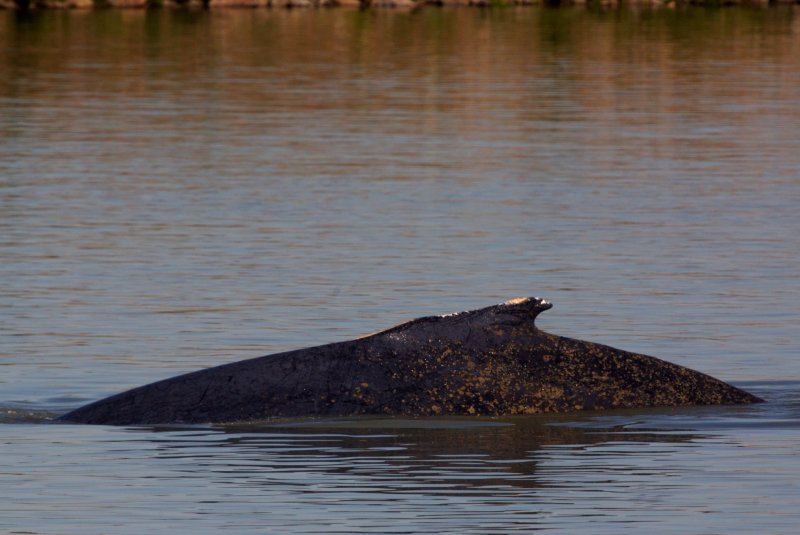Marine ecosystems would be threatened by planned Energy East oil pipeline, New Brunswick conservation group says. Photo by Aaron Kehoe/UPI |
License Photo
FREDERICTON, New Brunswick, Aug. 20 (UPI) -- An eastern Canadian conservation group said TransCanada's planned Energy East oil pipeline would have a negative impact on the regional marine environment.
TransCanada Corp. filed a formal application in October for its Energy East pipeline project for eastern Canadian oil refineries.
The project involves the construction of a new 930-mile segment and converting 1,800 miles of gas line for oil service. It's designed to carry 1.1 million barrels of oil per day from Alberta and Saskatchewan to eastern Canadian refineries.
The Conservation Council of New Brunswick said in a report the marine ecosystem off the eastern Canadian coast would be at risk from the estimated 200 additional oil tankers needed to take the oil to foreign markets.
"This report shows the Energy East pipeline would cause a stressed marine environment for whales, and an accident waiting to happen for thousands of New Brunswickers working in tourism and fisheries around the Bay of Fundy," Matthew Abbott, the author of the report, said in a statement. "A single tanker spill in the Bay of Fundy could devastate these two industries that have been the cornerstone of the economy in this region for generations."
TransCanada said Energy East would make eastern Canadian refineries more competitive because they'd be sourced by domestic crude and bring in more than $7 billion in tax revenues during its first 20 years of operation.
Critics of the project said it's filled with empty promises because it would serve primarily as an export pipeline. The New Brunswick council said about 80 percent of the crude oil sent through the pipeline is destined for exports.
Most of the oil sourced from Alberta basins exists as a denser grade called bitumen, which sinks in water and presents unique risks to the marine ecosystem, the group said. The increase in tanker traffic, meanwhile, would stress marine mammals because their calls would be drowned out by vessel engines.
TransCanada says it would likely cost around $12 billion to complete the project. If approved, deliveries to eastern Canadian markets are expected by late 2018.















